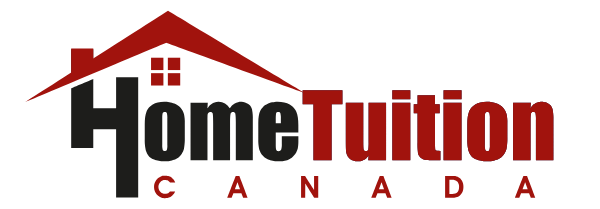The 7 Pages Every Small Business Website Needs


There are no hard-and-fast guidelines about the number of pages that a website must contain. A visitor to a business website will nevertheless expect to see certain pages.
You may now be imaginative and try something new. However, visitors will be forced to search for the information they require, which may cost you critical sales or leads. So, here is a list of the standard web design pages that may be found on any small business web design.
This is the page that the majority of people will initially view, so it should tell them who you are and what your firm does. The material on your site should be engaging enough to pique your visitors' interest within seconds.
Your homepage should be well-designed, load quickly, and appear professional. According to statistics, you only have 0.05 seconds to persuade consumers to stay on your website.
A quick overview of who you are and what you do, a summary of your services and goods, and possibly some bullet points outlining how you might assist your potential customer or client.
People do business with other people, and visitors are interested in learning more about the people behind the organization. The about page is frequently one of the most popular pages on any website. This page should provide a quick overview of who you are, your company's history, and what sets you apart from the competition.
A synopsis of your firm, who it employs (with bios and photos of the employees, or just yourself if you are a sole proprietor), any exceptional accolades you have received, and how you differ from others who provide the same product or service.
Details about the services you offer can be found here. Begin the page by summarizing your services before outlining them. If your services are broad and their descriptions are lengthy, try splitting them into sections and including a link to a landing page where readers can learn more about a specific service.
A description of the services supplied, bullet points of services with brief explanations, links to learn more about specialized services (if desired), the benefits of using your services, and how they differ from the services offered by your competitors.
Your contact page lists all of the methods by which potential consumers can contact you.
Where possible, include your phone number, email address, and physical mailing address in the footer of all of your website pages. If you need to create a custom email address, follow our instructions here.
All of your social media profiles, mailing address, phone and fax numbers, email address, and even office hours are listed. For spam avoidance, some businesses prefer to use a contact form rather than publish their email address.
I'm sure you've seen privacy policies on other websites, but you might not have your own. These pages are required to keep your audience informed of how their data is used and accessed.
While only a small number of users who visit your site will read your privacy policy, it is nevertheless necessary to have one, especially if you sell online or push advertising and leads through your site. A privacy policy might help in your defense if there is ever a legal issue with your customer data or how it is used.
When indexing web pages in its search results, Google is looking for this page on all websites.
Many small company websites skim over the frequently asked questions (FAQ) page. It's unexpected given its numerous advantages.
It not only assists in addressing typical customer problems and queries, but it may also help to develop trust and make consumers feel more confident in purchasing from you.
It also saves you time because you won't have to answer the same questions over and over. They are all listed on your FAQ page. A FAQ page can also help your search engine optimization efforts because some of your prospects may do a Google search for some of the questions and answers on your page. This will take them right to your website.
So, what information should your FAQ page contain?
The pages listed above are typical of what customers expect to see on a business website.
People are nonetheless familiar with these pages and their titles. As a result, it is best to follow the norms so that visitors to your business website may quickly find what they need. To know more about website pages, you can contact website designers India who have good experience or you can simply hire a web design company that manages your project and suggests the best option. Contact us now for a free web design quote!
Trusted by industry leaders worldwide.






Years of Experience
Country Based Clients
Your feedback helps us improve! Please select all that apply.
